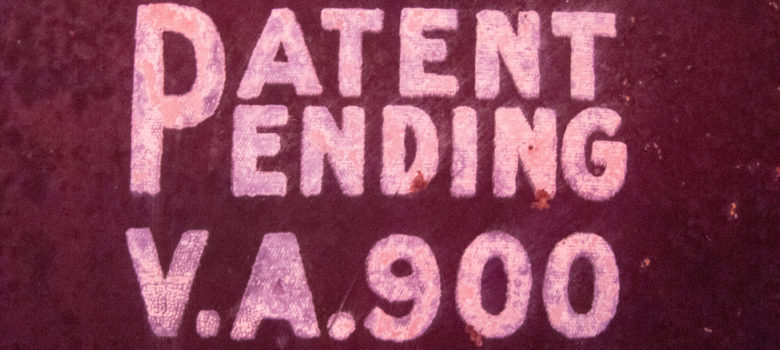The Canadian government’s Bill C-86, its Budget Implementation Act, features several notable provisions designed to curb intellectual property misuse. I posted yesterday on the rejection of “harmonized” statutory damages with the copyright collective system and new limits on the content of notices under the copyright notice-and-notice rules, with the government banning the inclusion of settlement demands or other requests for payment. Internet providers that receive notices that do not comply with the requirements will not be required to forward them to their subscribers. The bill also takes on patent misuse, including rolling out a framework for regulating patent demand letters in an effort to stop patent trolling.
Patent trolling refers to instances when companies that had no involvement in the creation or invention of a patent demand licences or other payments from legitimate companies by relying on dubious patents. Studies indicate that patent trolling has a negative affect on innovation and is a particularly big problem in the United States, which tends to be more litigious than Canada.
The new framework includes the prospect of regulations that will specify what must be included in a demand letter and liability for a company’s officers, directors, and agents for failing to comply with the law after being notified of a non-compliant letter. The scope of the provision is very broad, applying to demands arising from any patent, not just those issued in Canada. The new section 76.2((1) states:
Any written demand received by a person in Canada, that relates to an invention that is patented in Canada or elsewhere or that is protected by a certificate of supplementary protection in Canada or by analogous rights granted elsewhere, must comply with the prescribed requirements.
The “prescribed requirements” will be found in regulations that will detail what constitutes a written demand and the requirements with which a written demand must comply. The regulations should discourage the sending of deceptive letters and include minimum standards of information to better allow recipients to assess the merits of the claim.
The framework grants recipients of demand letters new rights, allowing for application to the federal court:
Any person who receives a written demand that does not comply with the prescribed requirements, and any person who is aggrieved as a result of the receipt by another person of such a written demand, may bring a proceeding in the Federal Court.
Once at the federal court:
If the Federal Court is satisfied that the written demand does not comply with the prescribed requirements, it may grant any relief that it considers appropriate, including by way of recovery of damages, punitive damages, an injunction, a declaration or an award of costs.
Moreover, those that violate the rules cannot hide behind a corporate entity:
If a corporation sends a written demand that does not comply with the prescribed requirements, is notified of those requirements and of the demand’s defects in respect of those requirements and does not, within a reasonable time after receiving the notice of those defects, remedy them, the corporation’s officers, directors, agents or mandataries are jointly and severally, or solidarily, liable with the corporation if they directed, authorized, assented to, acquiesced in or participated in the sending of the demand.
The regulation of patent demand letters are not the only patent changes, with provisions that expand prior use rights, address standard essential patents, and create safeguards for research with a rule stating that “an act committed for the purpose of experimentation relating to the subject-matter of a patent is not an infringement of the patent.” Determining what constitutes experimentation will also be the subject of future regulations. In other words, Innovation, Science and Economic Development Minister Navdeep Bains is working to restore better balance to support innovation within the patent system, though the specifics are “pending”.







